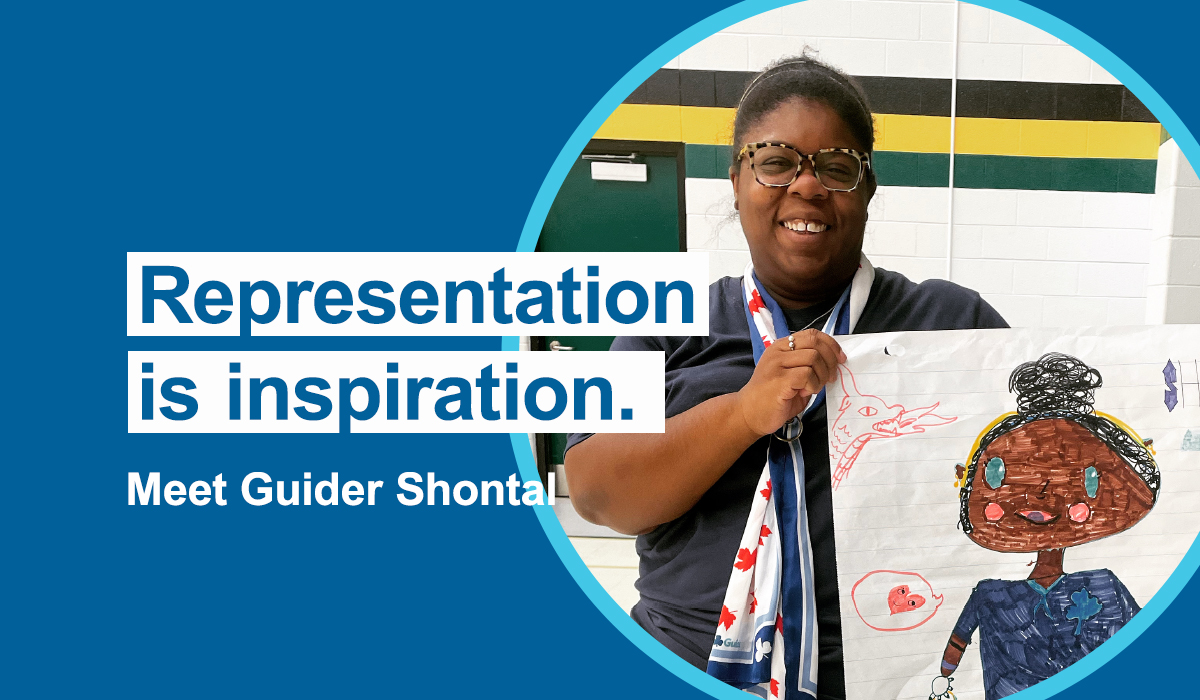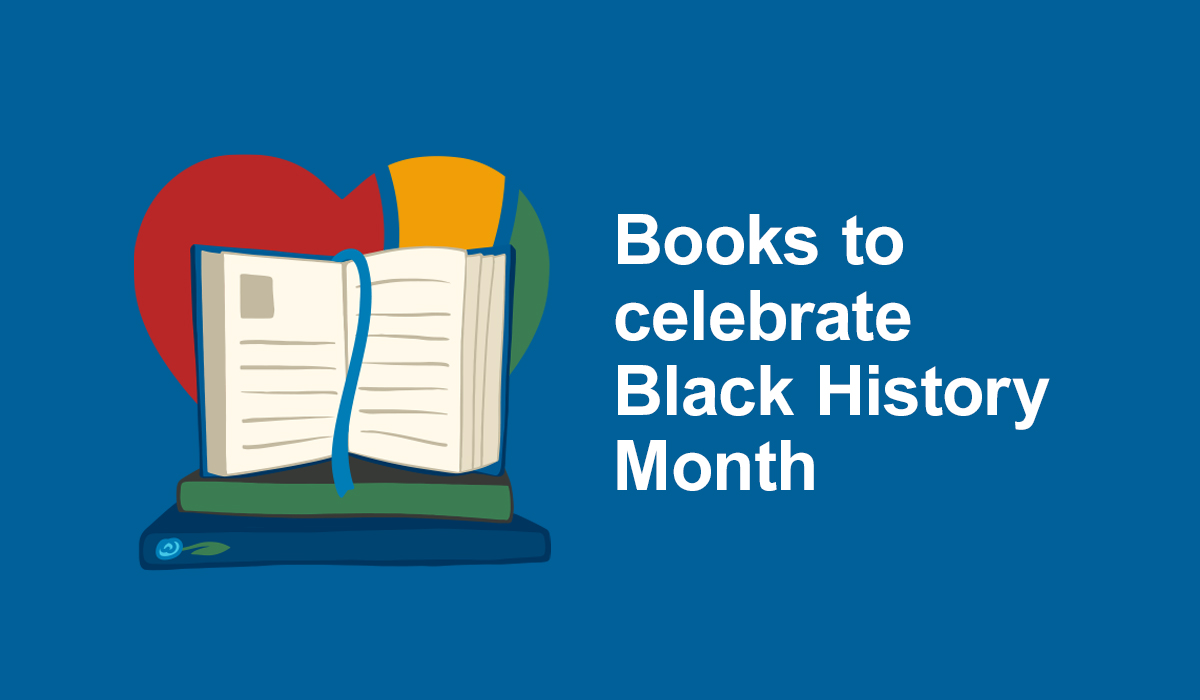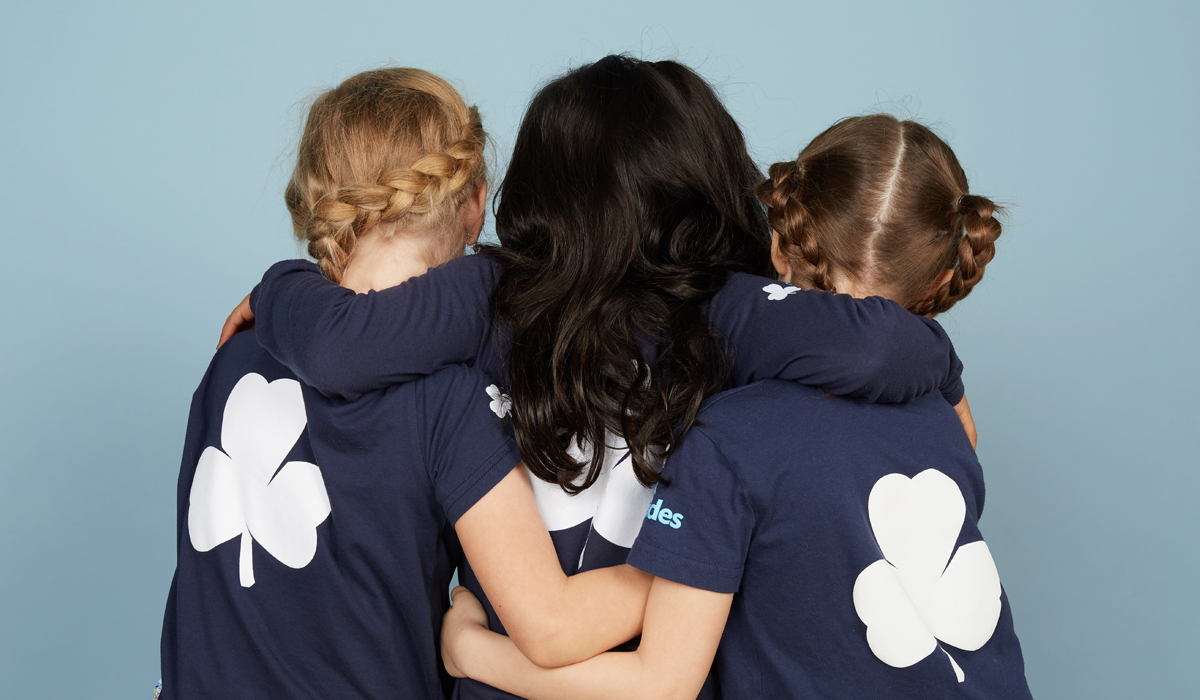May 6 – 10 is Mental Health Week in Canada. This is a great time to consider how you deal with your feelings, or how you can help a child identify what she’s feeling.
—————————————————————————————–
This post is about your regular feelings that crop up on a daily basis. If your feelings regularly overwhelm you, cause you intense distress, or cause you to behave in ways that you are uncomfortable with, please seek assistance from a professional or from a parent, teacher, Guider or a trusted adult. They can help.
You have every right to your feelings.
No matter what a given situation brings up for you, it’s okay to feel that way, but you have to choose how to act on those feelings. The first step is to learn to work through and communicate your feelings effectively.
While emotions can initially be very intense, the strongest burst only lasts about 90 seconds before your body will naturally relax and the feeling will melt away. The feeling only lasts longer if you fight it or if you choose to sustain it. Without your choice, your immediate flash of anger, sadness, or, excitement will pass very quickly if you just breathe through it and wait it out. (This is also true of other people’s feelings, so you can wait them out too.)
After you’ve breathed through the intensity, you are left with the part of a feeling you can deal with. The part that gives you information about things that are important to you; things that you might want to continue or that you might want to change.
Once you have that information, you’ll want to learn to communicate those feelings effectively. Here are some steps to help you do that.
1) Ask yourself ‘What am I really feeling?’
Sometimes one feeling masks another, for example, jealousy might feel like anger. Writing, meditating, and talking aloud to yourself can help you get a clearer sense of what emotion you are processing and then you’ll have a good starting point for discussing it.
2) Then ask ‘Who do I need to discuss my feelings with?’
It can be hard to deal directly with the person who stirred up those feelings for you, but that’s usually the best way. Dealing with that person’s friends, family, or, supervisor can create more problems than it solves.
3) Plan what you are going to say, and use ‘I’ and ‘If…then’, and ask for specific action
You can’t read people’s minds, so you don’t know their intentions. You can only know your own mind and intentions, so speak from there and plan what you are going to say before you say it. Using phrases like those below can help:
‘I’ statements
“I feel angry when you take my things without asking.”
“I feel bad when you post those things about me online.”
“I have a lot of fun whenever we hang out.”
“If…then…” statements
“If you keep taking my books without permission, then I will start locking my door. “
“If you keep posting about me, then I will unfollow/unfriend you and I will tell your parents.”
“If you feel the same way, then let’s hang out more.”
Ask for specific action
“Please stop taking my things.”
“Please stop posting about me, and take those things down.”
“Would you like to play laser tag with me and my friends on Saturday?”
Most people do not want to hurt other people’s feelings. While they may react defensively at first, usually people will try to change their actions to help prevent others from feeling bad. It’s hard for someone to guess how their actions will affect someone else, and unless you tell them, they don’t know to change.
Being clear about your feelings and the actions you would like the person to take will go a long way to helping you feel better. Even if the other person doesn’t change, advocating for yourself will make you feel empowered, and their reaction will let you know if you want to associate with them in the future.
Resources:
One Move Forward
Palo Alto Medical Foundation website
By guest blogger Christine Hennebury. Christine is a writer, storyteller and life coach who lives in Newfoundland and Labrador. Helping people feel a little better right now is one of her favourite things to do. Read one of her previous posts on GirlGuidesCANBlog: Don’t Forget to Breath.
——————————————-

With all the stress and challenges of life today, Canadian Mental Health Association (CMHA) encourages all Canadians to pause and reflect on our mental health and well-being during Mental Health Week, May 6 – 12, 2013. This year, CMHA is focusing on increasing awareness of youth mental health and mental illness by providing information, resources and the practical strategies and advice required by young people and their parents, caregivers and teachers to address youth mental health issues. We’ve highlighted a select number of related girl programming activities that you could do with your unit to celebrate Mental Health Week, and to help girls be confident, resourceful and courageous, and to make a difference in the world.










Leave a Reply